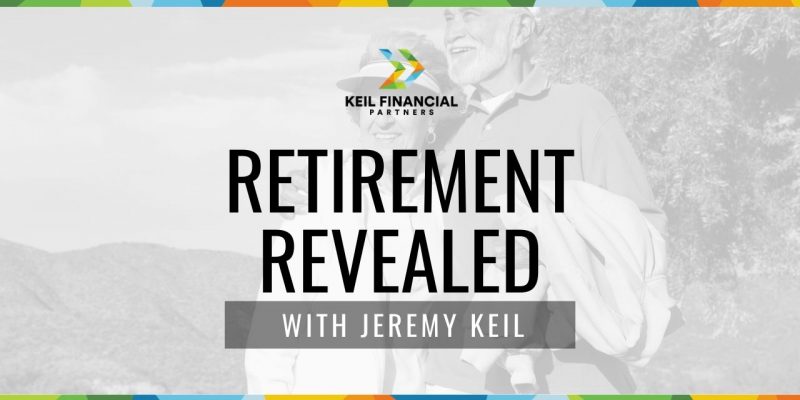Podcast: Play in new window | Download | Embed
Subscribe: Spotify | iHeartRadio | TuneIn | RSS | 300
How much do you know about your investments and how they’re working for you?
Keil Financial Partners believes that the more you know about your money, the better decisions you’ll make.
In this episode, Jeremy Keil brings the world of investing back to its basics. From the different types of investments to how each investment type works to serve you, Jeremy breaks down the ins and outs of the investing world to help you better understand what options are available for you and your needs.
In this episode, you’ll learn:
- The four major types of investments
- Why the belief that you can’t lose money with individual bonds is a myth
- What to consider when investing in real estate
- Ways to diversify your investments
- The difference between active and passive investments
- And more!
Tune in now to brush up on your investing knowledge with Jeremy Keil!
Resources: Keil Financial Partners | 6 Questions Retirees Aren’t Asking But Should Be | 3 Keys You Should Know Before Choosing a Financial Advisor | Subscribe
The information covered and posted represents the views and opinions of the guest and does not necessarily represent the views or opinions of Keil Financial Partners. Keil Financial Partners is a part of the Thrivent Advisor Network, a registered investment advisor. The Content has been made available for informational and educational purposes only. The Content is not intended to be a substitute for professional investing advice. Always seek the advice of your financial advisor or other qualified financial service provider with any questions you may have regarding your investment planning.
Keil Financial Partners does not provide legal, accounting, or tax advice. Consult your attorney or tax professional. Representatives have general knowledge of the Social Security tenets. For complete details on your situation, contact the Social Security Administration.
